Description
Sorbic Acid: The Unsung Hero of Food Preservation
In the world of food preservation, where various techniques battle against spoilage, sorbic acid stands as a quiet but powerful champion. Often unseen and unnoticed, this naturally occurring organic compound plays a vital role in extending the shelf life of countless products we consume daily, from cheeses and yogurts to baked goods and beverages.
What is Sorbic Acid?
Sorbic acid, chemically known as 2,4-hexadienoic acid, is a naturally occurring unsaturated fatty acid originally isolated from rowan berries (Sorbus aucuparia), hence its name. However, it’s now primarily produced synthetically, making it readily available for widespread use. Its effectiveness as a preservative stems from its antifungal and antibacterial properties.
How Does it Work?
Unlike more aggressive methods of preservation like high heat or irradiation, sorbic acid acts as a subtle disruptor to microbial growth. It doesn’t kill microorganisms outright, but rather inhibits their ability to reproduce and thrive. This is achieved by interfering with essential cellular processes, particularly those involved in energy production and cell membrane function.
Sorbic acid is primarily effective against yeasts, molds, and certain bacteria, which are the main culprits behind food spoilage. Its efficacy is significantly enhanced in acidic environments (pH below 6.0), making it particularly well-suited for preserving acidic foods and beverages.
Applications in Food Preservation:
Sorbic acid and its potassium salt, potassium sorbate, are widely used across the food industry. Some common applications include:
- Dairy Products: Inhibits mold growth in cheese, yogurt, and sour cream, extending their shelf life and preventing spoilage.
- Baked Goods: Prevents mold growth on bread, cakes, and pastries, maintaining their freshness and texture.
- Beverages: Used in carbonated drinks, fruit juices, and wines to prevent yeast and mold growth, ensuring clarity and preventing fermentation.
- Processed Foods: Included in pickles, jams, jellies, and other processed foods to prevent spoilage and maintain quality.
- Dried Fruits and Vegetables: Prevents mold growth and discoloration in dried fruits and vegetables, preserving their nutritional value and appearance.
Safety and Benefits:
Sorbic acid is generally recognized as safe (GRAS) by regulatory bodies like the FDA and the European Food Safety Authority (EFSA) when used within specified limits. It’s considered a safe and well-tolerated food additive, with studies indicating low toxicity and minimal risk of allergic reactions.
Compared to other preservation methods, sorbic acid offers several benefits:
- Minimal Impact on Taste and Texture: It doesn’t significantly alter the taste or texture of food products, maintaining their appeal and consumer satisfaction.
- Low Toxicity: Considered a safer alternative to some other preservatives, with minimal risk of adverse health effects when used correctly.
- Effective at Low Concentrations: Achieves effective preservation at relatively low concentrations, minimizing its impact on the overall composition of the food.
The Future of Sorbic Acid:
As consumer demand for minimally processed and naturally preserved foods continues to grow, the role of sorbic acid may become even more prominent. Ongoing research is exploring its potential applications in new food products and preservation techniques, including its use in combination with other natural preservatives for enhanced efficacy.
Conclusion:
Sorbic acid, though often overlooked, plays a crucial role in ensuring the safety and longevity of our food supply. Its effectiveness in inhibiting microbial growth, combined with its safety profile and minimal impact on food quality, makes it an invaluable tool for food producers and a welcome, albeit invisible, ingredient in countless products we enjoy every day. So, the next time you reach for a perfectly preserved yogurt or a mold-free slice of bread, take a moment to appreciate the unsung hero behind the scenes: sorbic acid.

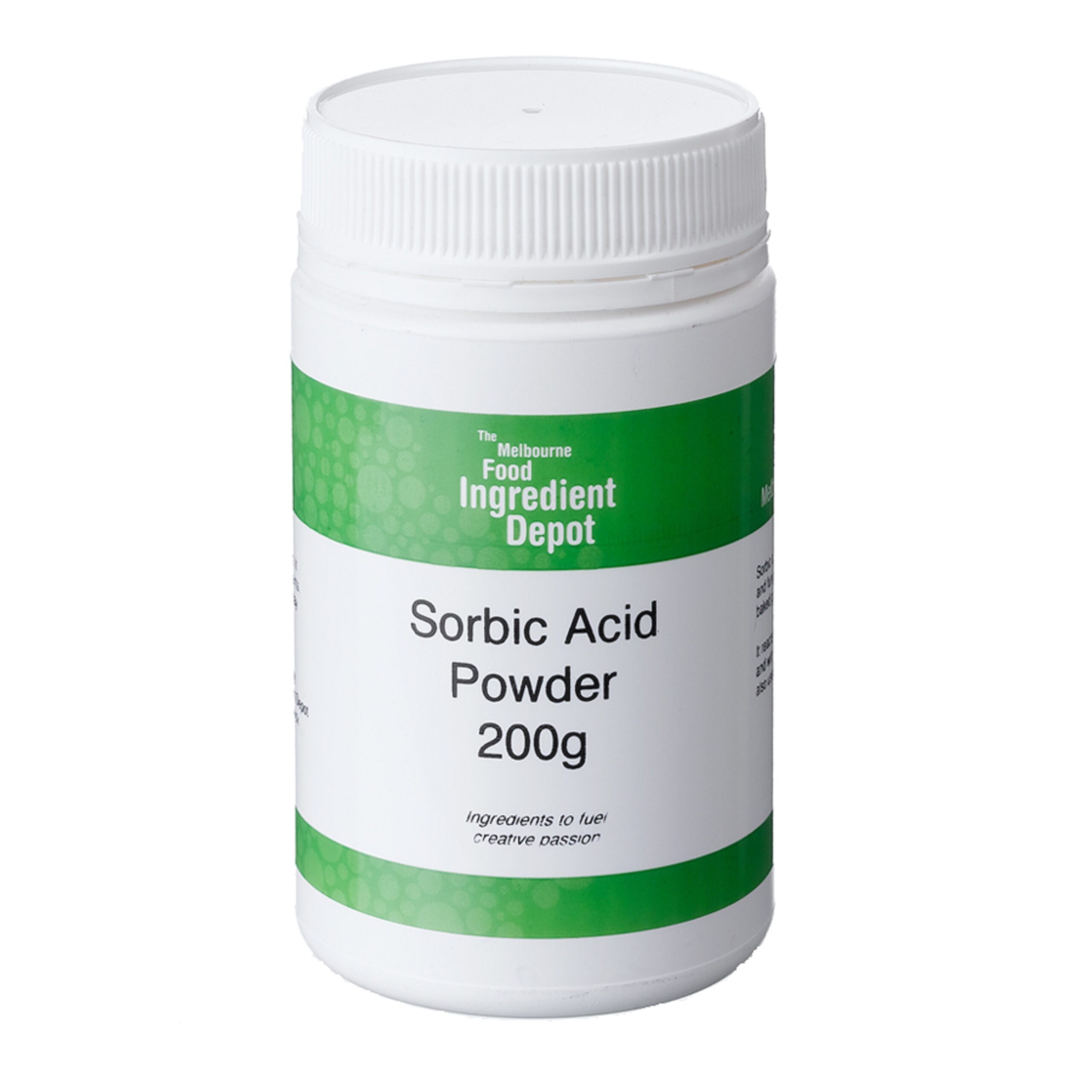


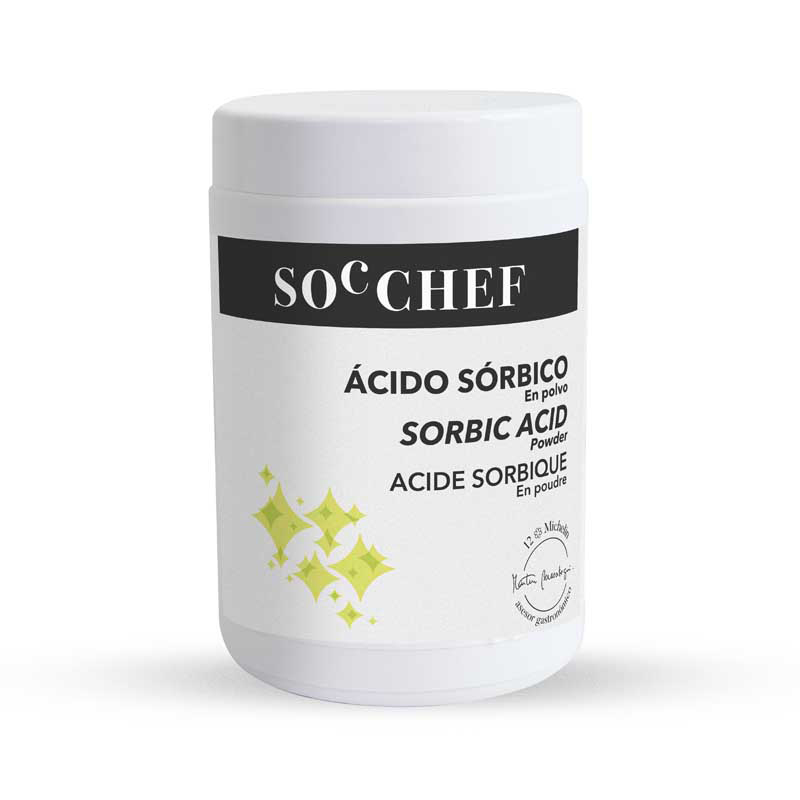
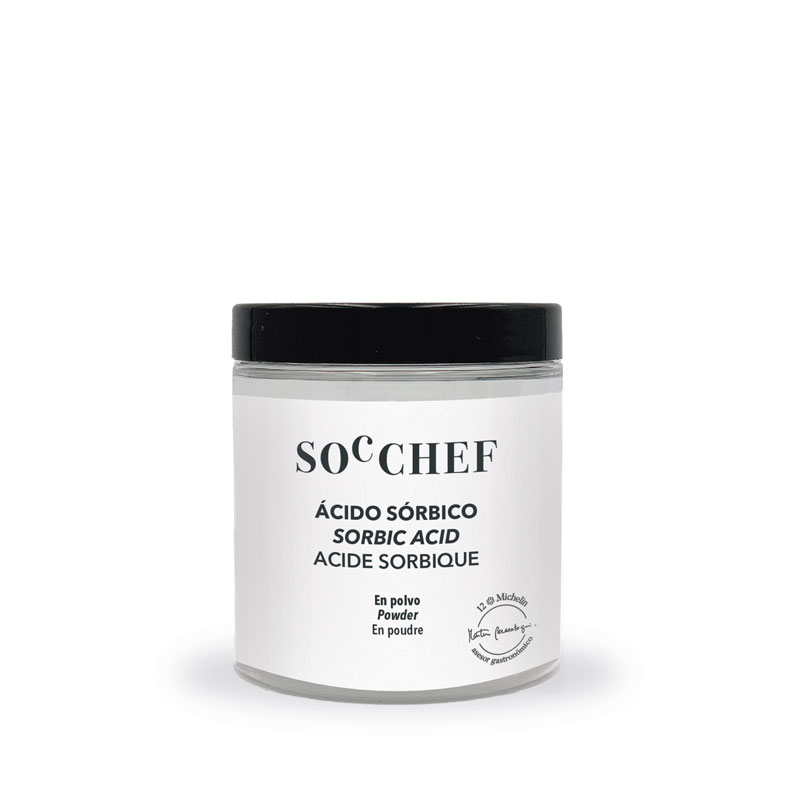


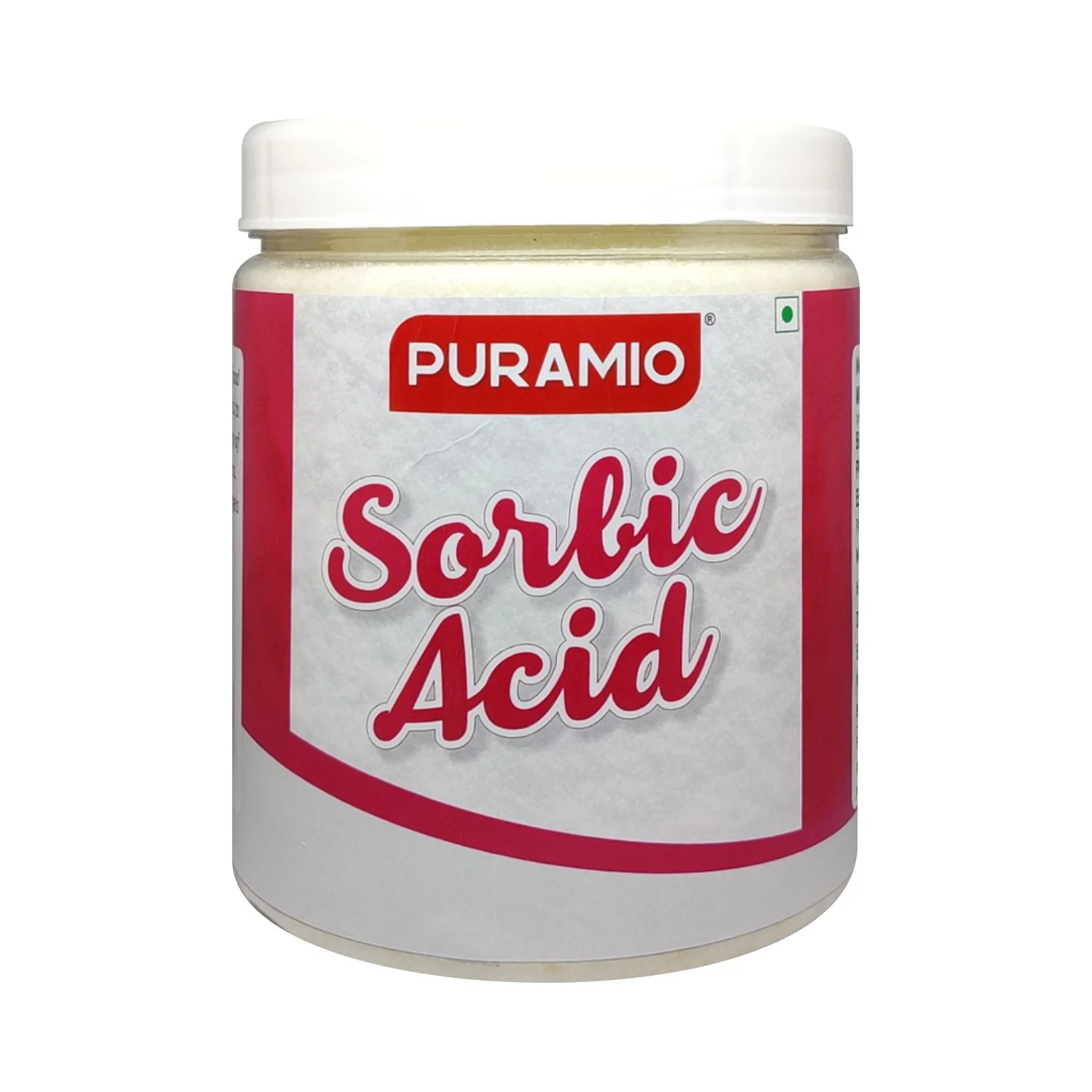
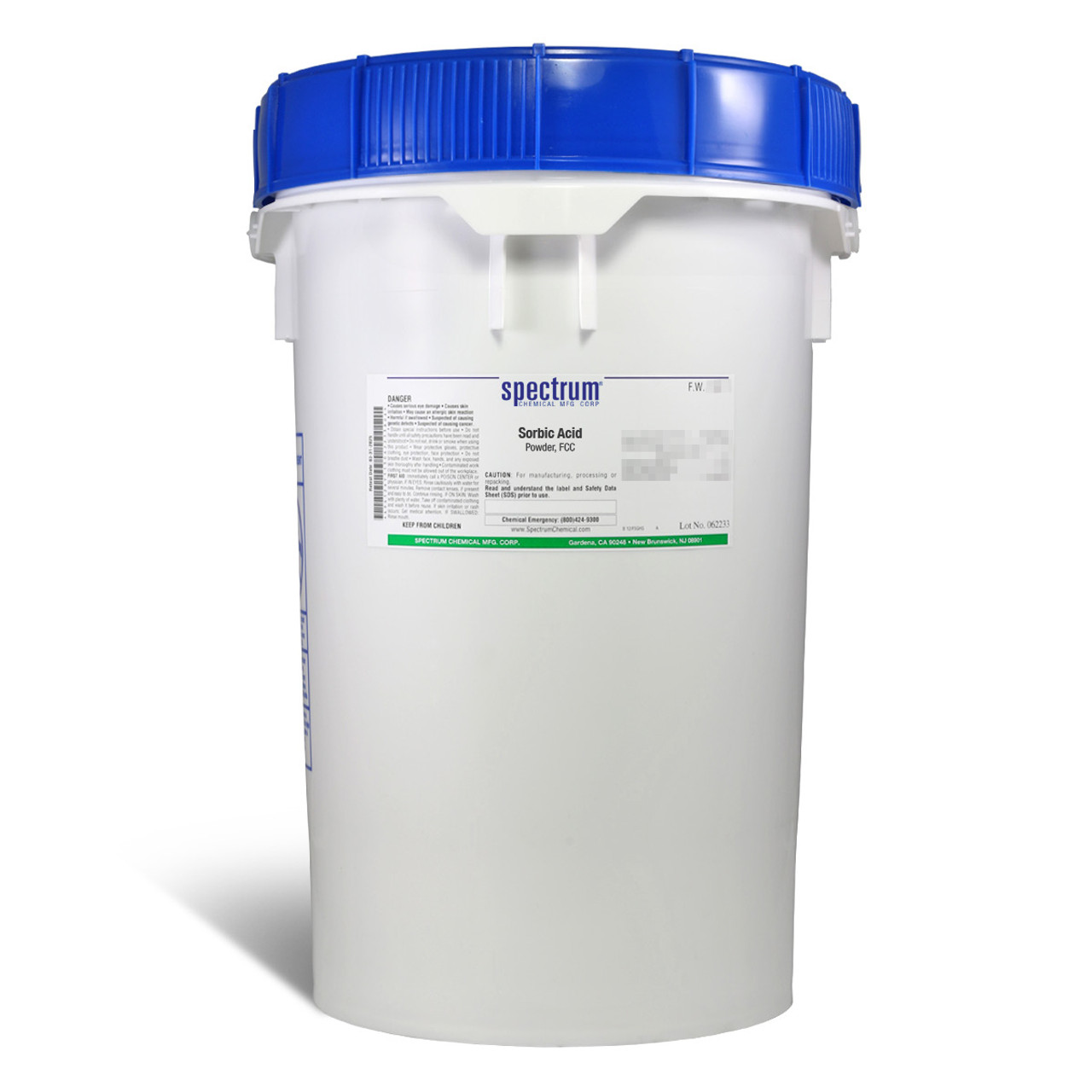
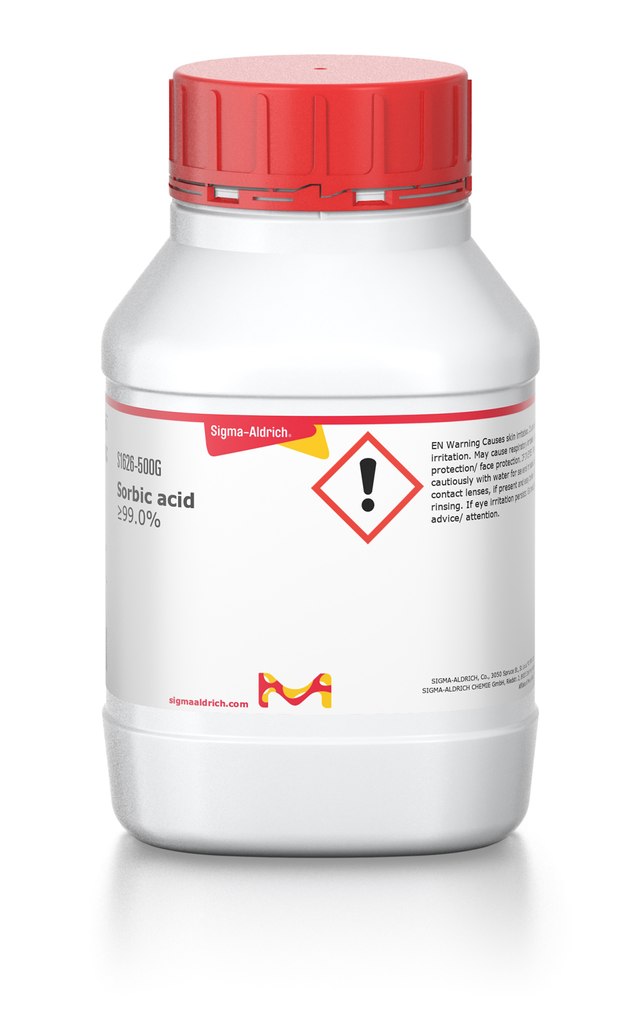
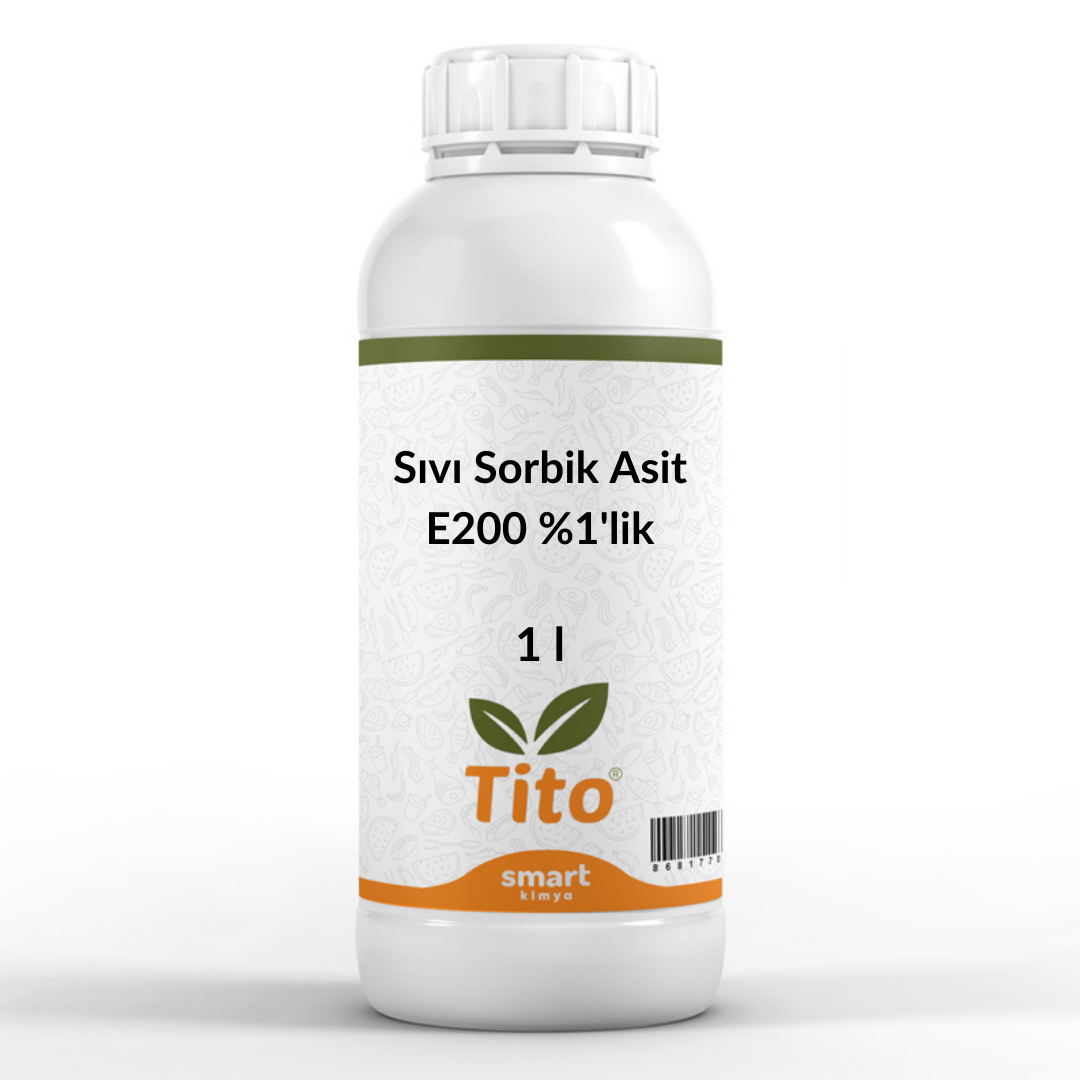
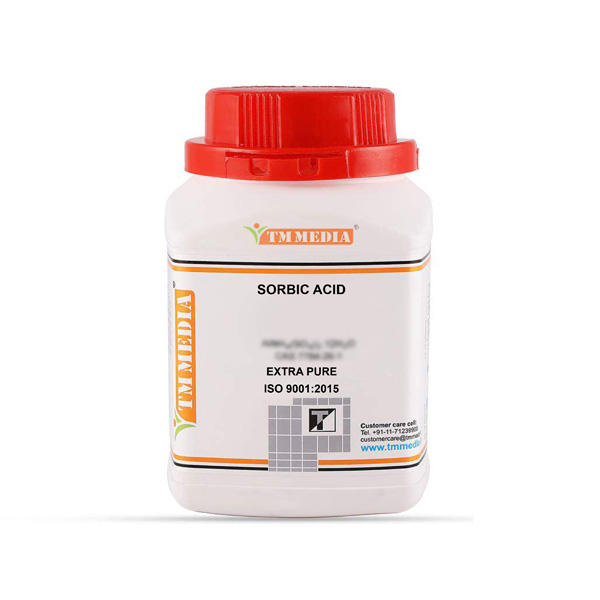
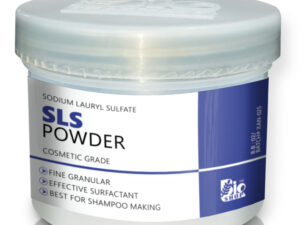



Reviews
There are no reviews yet.